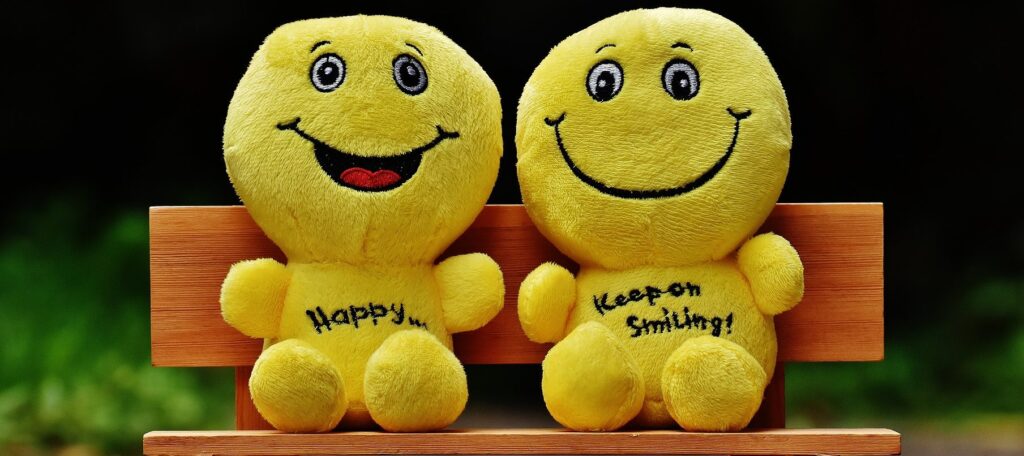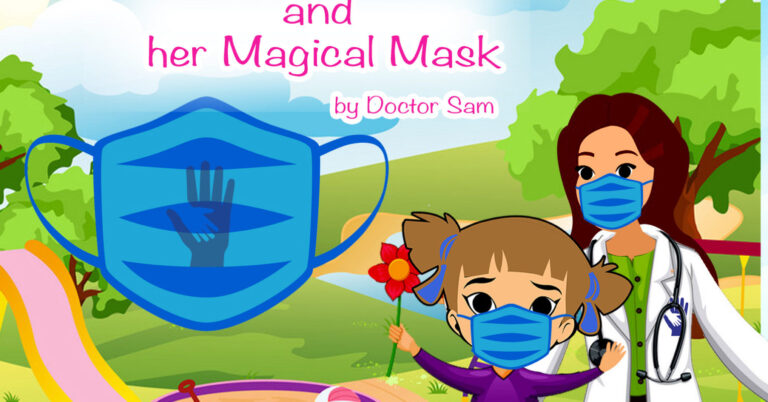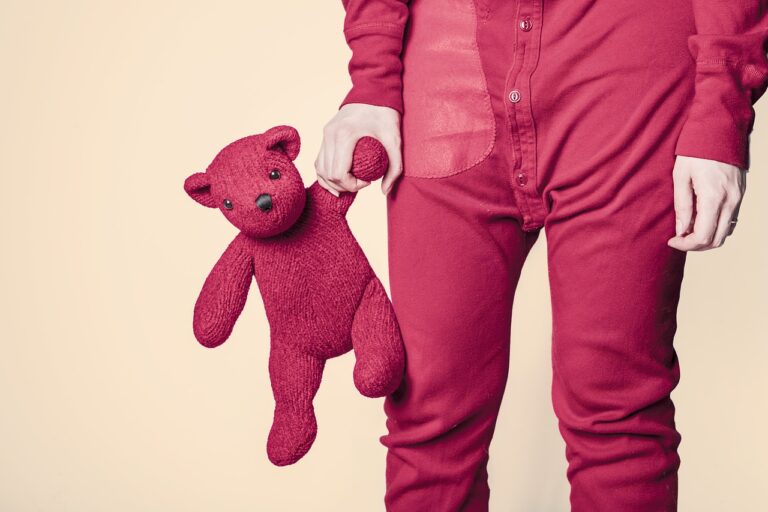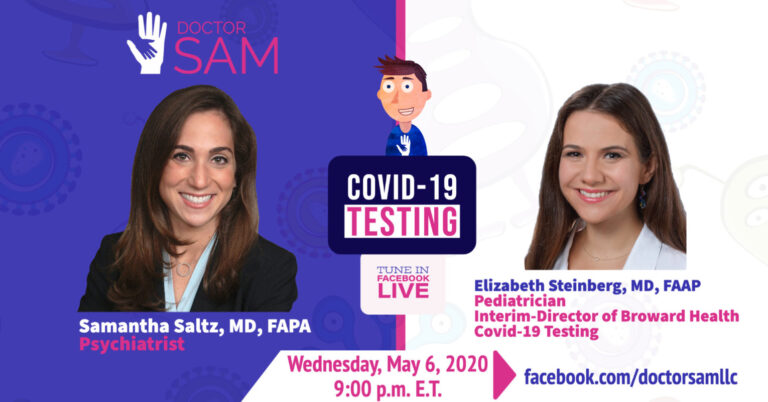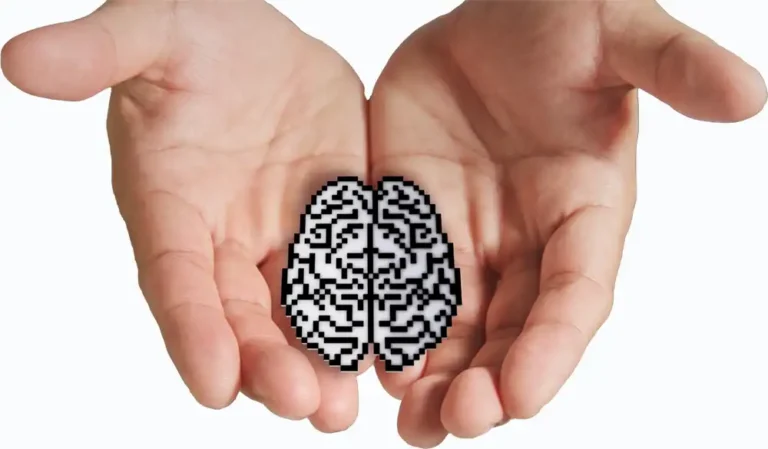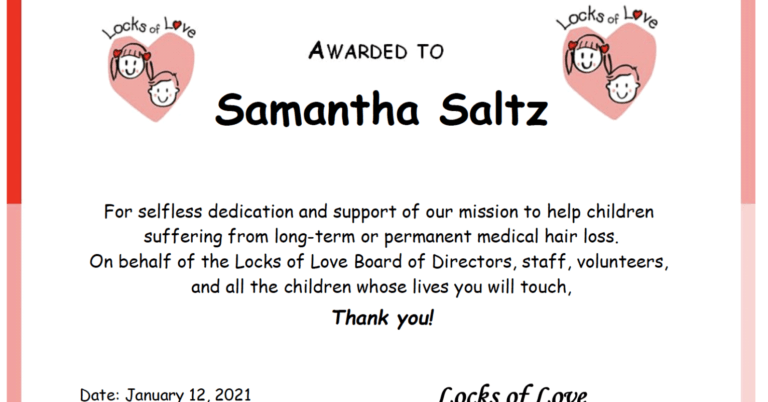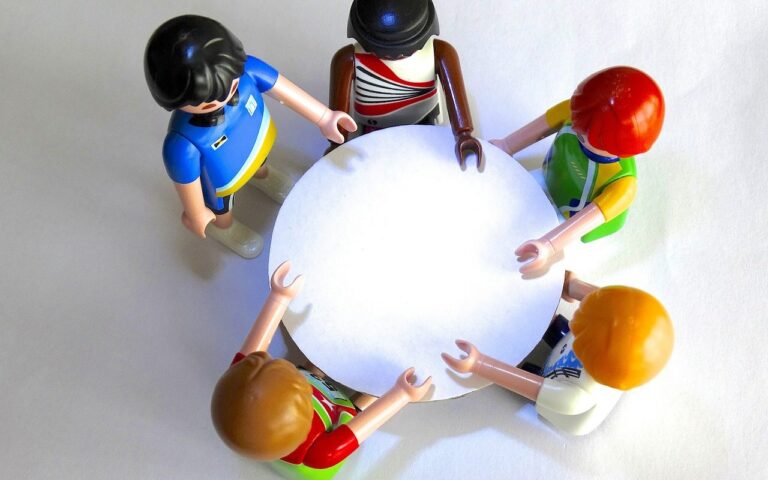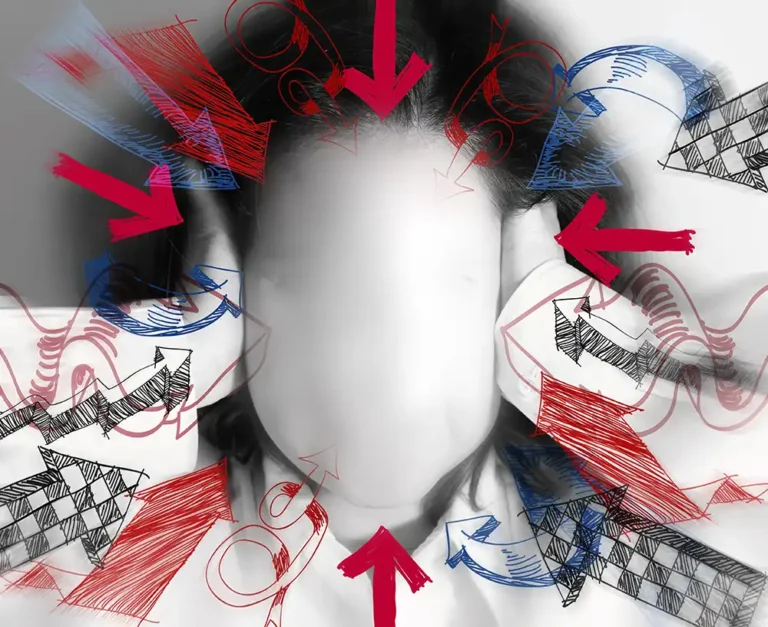“Smile and the world smiles with you. . .” People have repeated this phrase for years and its particularly significant early in life. Consider a newborn baby who is not yet able to engage socially. While many parents have an innate love for their child, their attachment often increases at 6 to 8 weeks. This is when infants learn a behavior referred to as the “social smile.” When a parent makes a funny face at their baby, the baby is able to recognize the expression and smile back. This evokes an emotional response in both the parent and the baby – and the attachment between the parent and the baby begins to grow.
It’s important for parents to smile at their infants to help them develop this skill – a skill that is partially innate and partially learned. If a child is having difficulty learning to smile, there may be many reasons. One could be an underlying developmental or psychiatric condition. For example, children who suffer from autism or psychiatric disorders like schizophrenia often have difficulty recognizing the social cues that accompany smiling.
When smiling, remember to consider its social effects on early child development. Smiling can facilitate attachment and is a sign of social reciprocity. So smile at your infant as much as possible – your smile is contagious.

